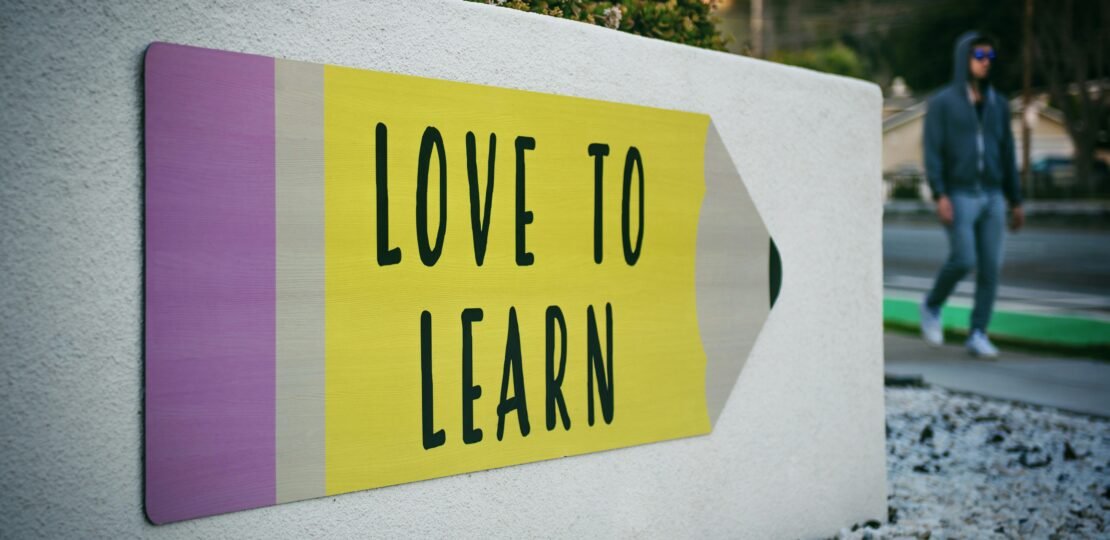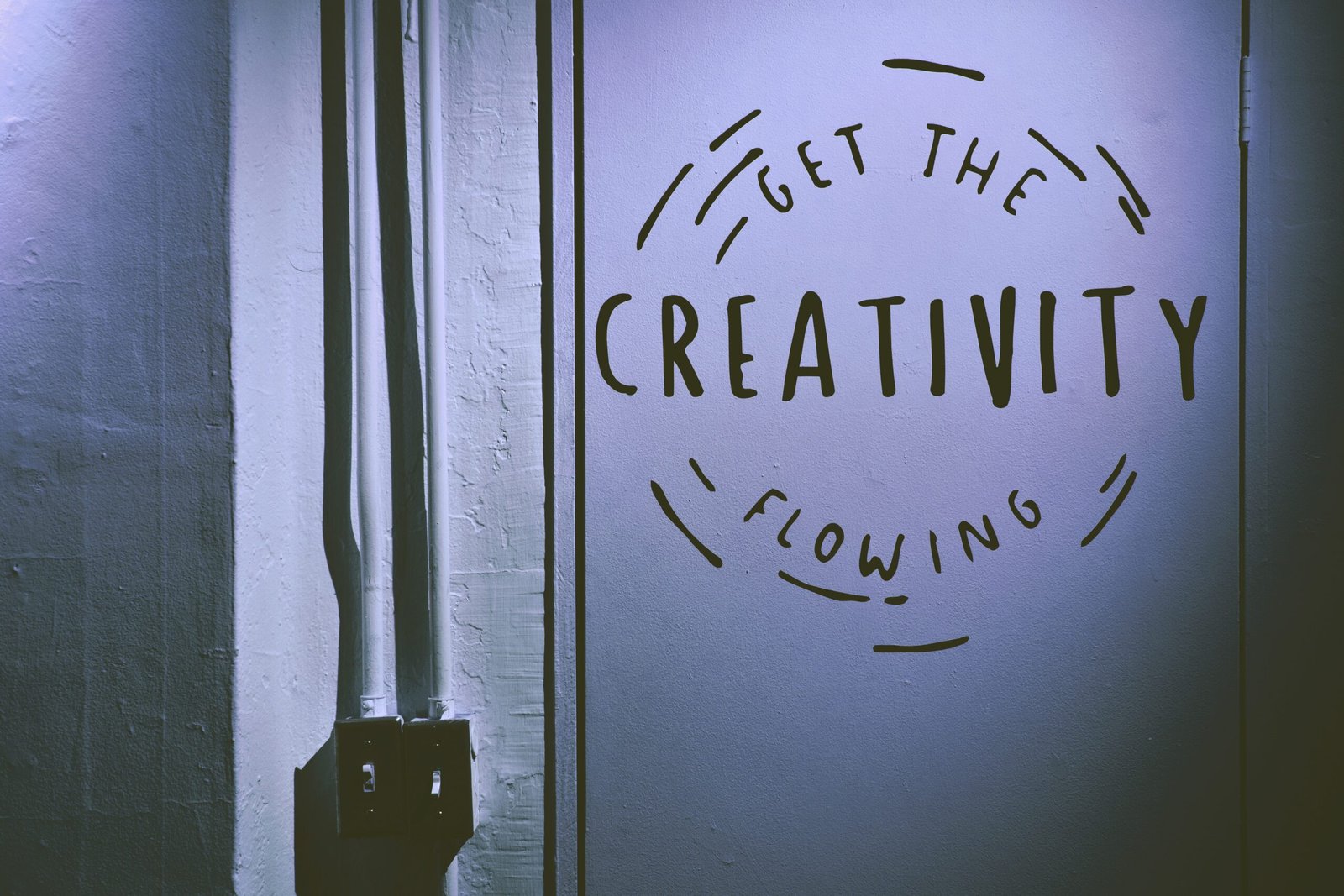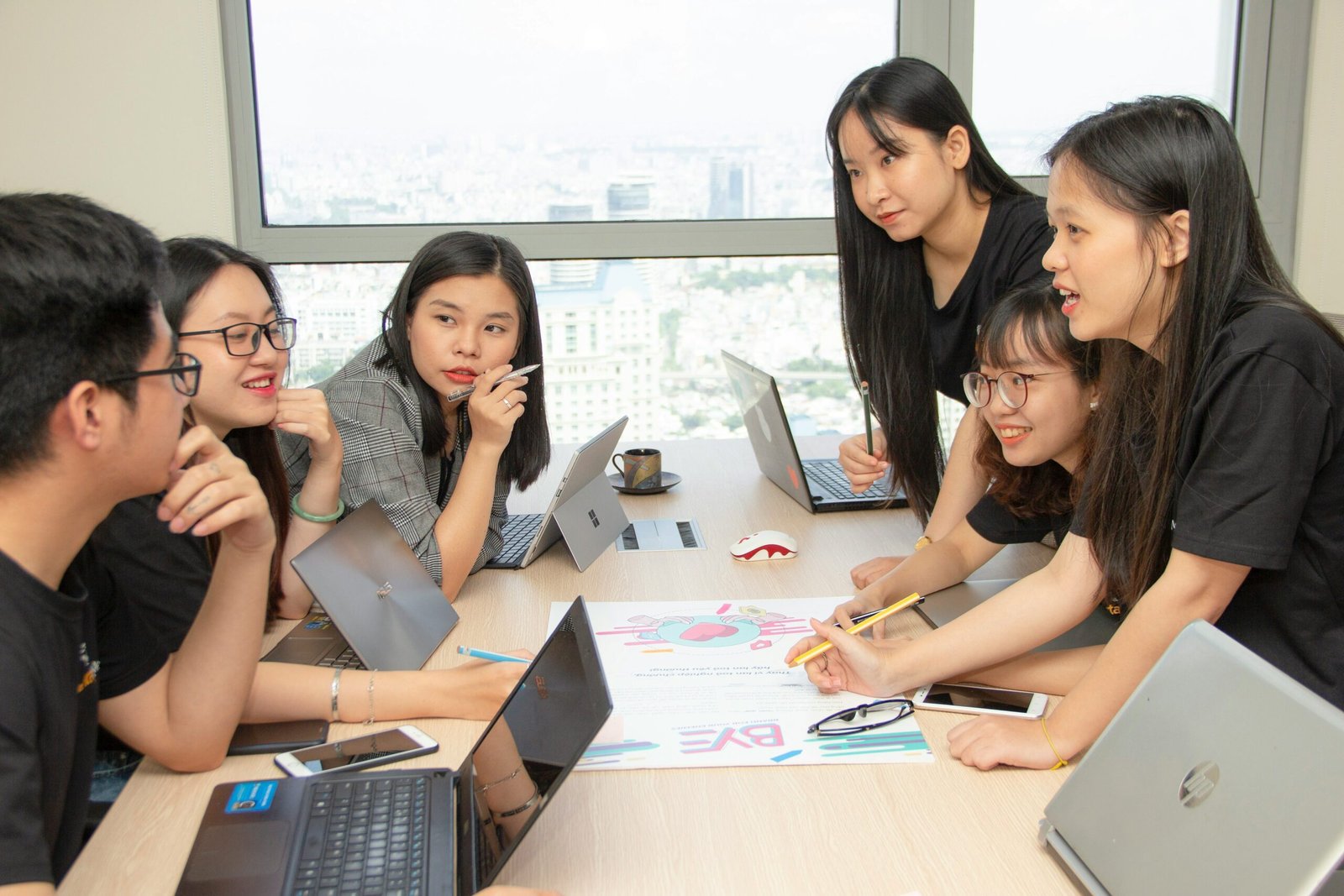The Importance of Lifelong Learning
September 10, 2024 | by autumngoals.com

Lifelong Learning Photo by Tim Mossholder on Unsplash
The concept of lifelong learning has become more significant than ever before in our rapidly changing world. Lifelong learning refers to the continuous, voluntary, and self-motivated pursuit of knowledge for personal or professional reasons. It enhances our understanding of the world, enriches our lives, and equips us with the skills needed to navigate an ever-changing environment. As we journey towards self-improvement and personal development, the importance of lifelong learning cannot be overstated.
In this article, we will discuss the various aspects of lifelong learning, highlighting its benefits and the important role it plays in our lives.
The Benefits of Lifelong Learning
Personal Growth and Fulfilment
Lifelong learning is a key component of personal growth and fulfilment. Engaging in new learning experiences helps us develop new skills, gain new perspectives, and discover new passions. This continuous quest for knowledge can lead to a more enriched and meaningful life.
As Albert Einstein famously said, “Once you stop learning, you start dying.” This quote underscores the idea that learning is essential for personal vitality and growth. Whether it’s learning a new language, mastering a musical instrument, or exploring a new hobby, the pursuit of knowledge keeps our minds active and engaged.
Professional Development
In today’s competitive job market, staying relevant requires continuous learning and adaptation. Lifelong learning enhances our professional development by keeping our skills up-to-date and making us more adaptable to changes in our careers. It opens up new opportunities for career advancement and personal satisfaction.
By committing to lifelong learning, we expand our horizons and increase our potential for success in the professional realm.

Cognitive Health
Lifelong learning is also crucial for maintaining cognitive health. Studies have shown that engaging in intellectually stimulating activities can help prevent cognitive decline and reduce the risk of diseases such as Alzheimer’s. Learning new skills and challenging our brains helps to create new neural pathways, keeping our minds sharp and agile.
In the book “The Brain That Changes Itself” by Norman Doidge, the author explores the concept of neuroplasticity—the brain’s ability to reorganize itself by forming new neural connections. This groundbreaking idea supports the notion that continuous learning can keep our brains healthy and functioning optimally throughout our lives.
The Importance of Lifelong Learning in Personal Development
Enhancing Self-Confidence
Learning new skills and acquiring new knowledge can significantly boost our self-confidence. When we master a new subject or skill, we gain a sense of accomplishment that enhances our self-esteem. This newfound confidence can positively impact other areas of our lives, encouraging us to take on new challenges and achieve our goals.

Building Resilience
Lifelong learning also plays a critical role in building resilience. By continuously acquiring new knowledge and skills, we become better equipped to handle life’s challenges and uncertainties. Learning fosters adaptability and problem-solving abilities, enabling us to navigate difficult situations more effectively.
Embracing lifelong learning helps us adapt to change and emerge stronger and more resilient. Robin Sharma, an internationally acclaimed leadership expert, asserts, “Change is hard at first, messy in the middle, and gorgeous at the end.”

The Role of Lifelong Learning in Professional Success
Staying Competitive
In the modern workforce, continuous learning is essential for staying competitive. As industries evolve and new technologies emerge, the skills required for various professions change. Lifelong learning ensures that we remain relevant and competitive in our careers. The rate of change and advances can seem overwhelming – but a practice of continuous learning will help.
Harvard Business Review highlights that “Lifelong learning is the new economic imperative.” Employers value individuals who demonstrate a commitment to continuous improvement and learning. By staying current with industry trends and acquiring new skills, we enhance our employability and career prospects.
Career Advancement
Lifelong learning can also pave the way for career advancement. By acquiring new qualifications and expanding our knowledge base, we become more valuable to our employers and open up opportunities for promotions and higher-paying roles. Learning new skills can also enable us to pivot to new career paths if desired.
In the book “Mindset: The New Psychology of Success,” Carol Dweck emphasizes the importance of having a growth mindset—the belief that abilities and intelligence can be developed through dedication and hard work. This mindset is essential for embracing lifelong learning and achieving professional success.
Lifelong Learning and Cognitive Health
Preventing Cognitive Decline
Engaging in lifelong learning activities can help prevent cognitive decline associated with aging. Learning new skills, languages, or even hobbies stimulate the brain, creating new neural connections and preserving cognitive function.
The Alzheimer’s Association notes that “Engaging in mentally stimulating activities is associated with better cognitive function and a reduced risk of Alzheimer’s disease.” This highlights the importance of lifelong learning in maintaining cognitive health and well-being.
Enhancing Memory and Concentration
Lifelong learning can also improve memory and concentration. When we challenge our brains with new information and tasks, we enhance our cognitive abilities, including memory retention and focus. Learning new things requires active engagement and mental effort, which strengthens our cognitive skills.
In his book “The Art of Learning,” Josh Waitzkin, a chess prodigy and martial arts champion, explores the concept of deliberate practice—the idea that focused and intentional learning leads to mastery. This principle can be applied to lifelong learning, helping us improve our cognitive abilities and achieve mastery.
Lifelong Learning and Social Connections
Expanding Social Networks
Lifelong learning can lead to the expansion of our social networks. Engaging in educational activities, such as taking classes or joining clubs, provides opportunities to meet like-minded individuals and build new friendships. These social connections can enrich our lives and provide valuable support systems.
Enhancing Communication Skills
Learning new subjects and skills can also improve our communication abilities. Engaging in discussions, debates, and group activities as part of the learning process helps us develop better communication skills, including active listening, empathy, and effective expression of ideas.
Brené Brown, a research professor and author, highlights the importance of communication in her book “Dare to Lead.” She states, “Clear is kind. Unclear is unkind.” Lifelong learning fosters clarity in communication, enabling us to build stronger relationships and connect with others on a deeper level.

The Importance of Lifelong Learning in Adaptability and Innovation
Embracing Change
Lifelong learning equips us with the skills and mindset needed to embrace change. In a world where technological advancements and societal shifts are constant, the ability to adapt is essential. Lifelong learners are more open to new ideas and experiences, making them more adaptable to change.
Peter Drucker, a management consultant and educator, famously said, “The best way to predict the future is to create it.” By continuously learning and adapting, we can shape our futures and thrive in an ever-changing world.
Fostering Innovation
Innovation often stems from the integration of diverse knowledge and experiences. Lifelong learning exposes us to new ideas and perspectives, fostering creativity and innovation. By staying curious and open-minded, we can contribute to the development of new solutions and advancements in various fields.
In his book “Where Good Ideas Come From,” Steven Johnson explores the environments that foster innovation. He emphasizes that diverse networks and continuous learning are key components of creative breakthroughs. Lifelong learning enables us to contribute to innovation and make a positive impact on the world.
Lifelong Learning is Important!
Lifelong learning is a vital aspect of personal and professional development. It enhances our self-confidence, builds resilience, and keeps our minds sharp and engaged. By continuously acquiring new knowledge and skills, we can stay competitive in our careers, maintain cognitive health, and foster meaningful social connections.
Embracing lifelong learning allows us to navigate an ever-changing world, adapt to new challenges, and create a more fulfilling and enriched life.

RELATED POSTS
View all



